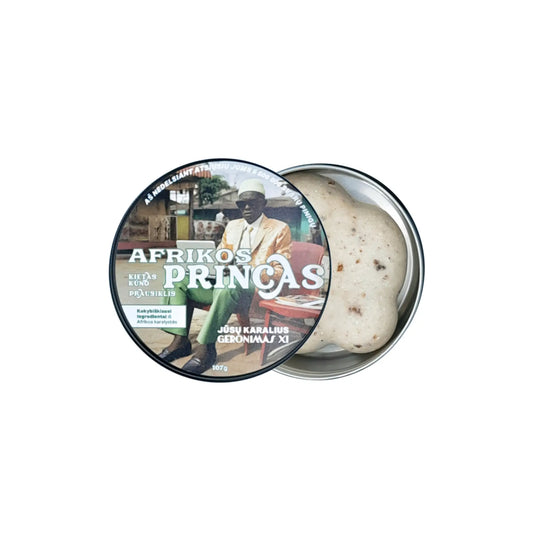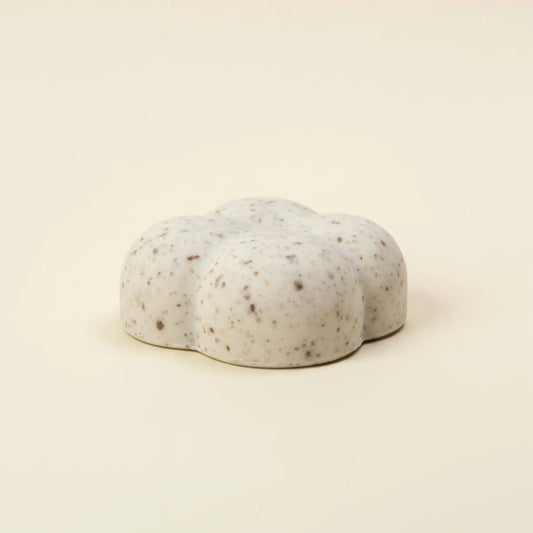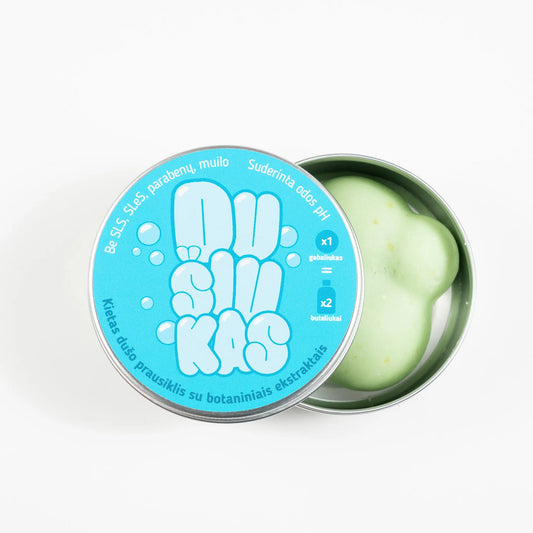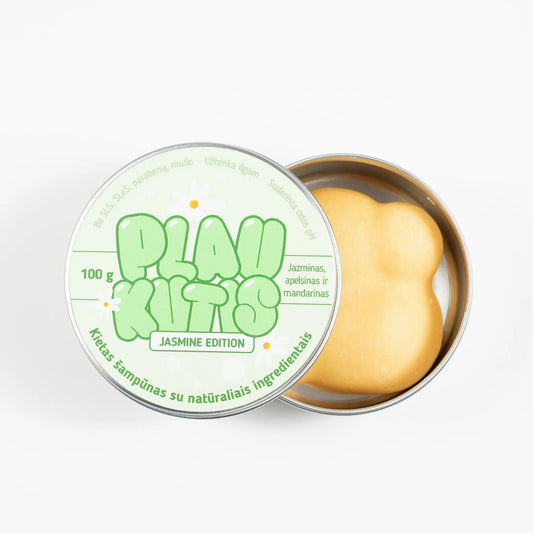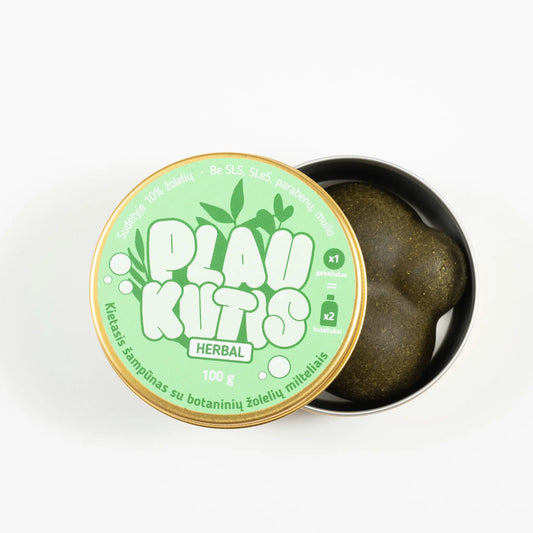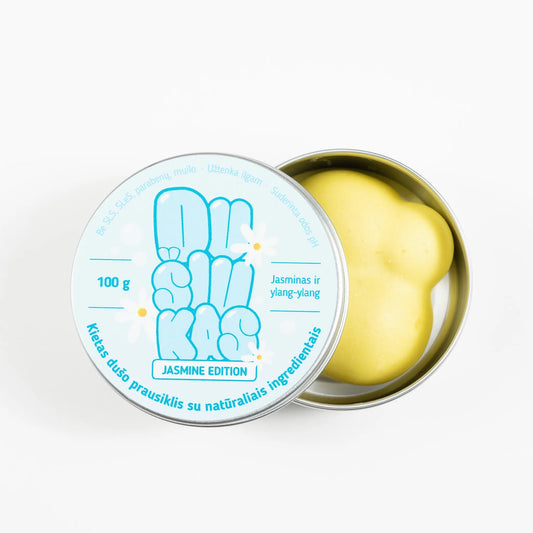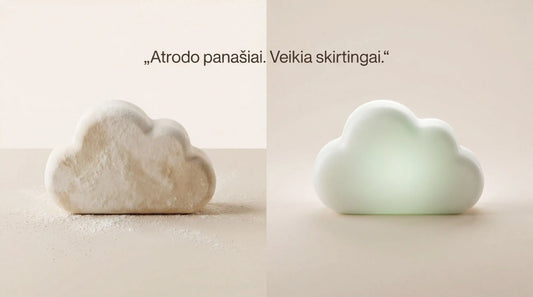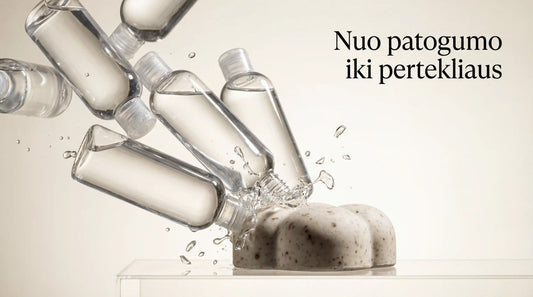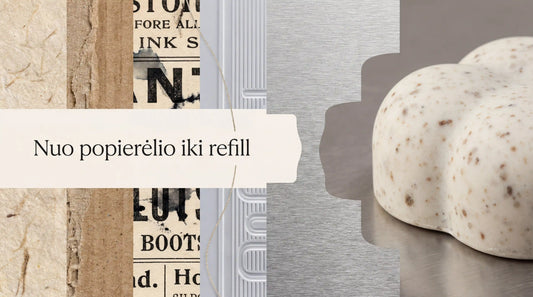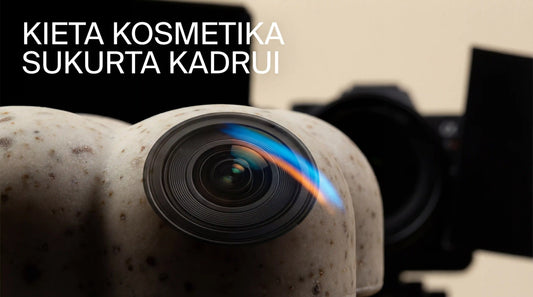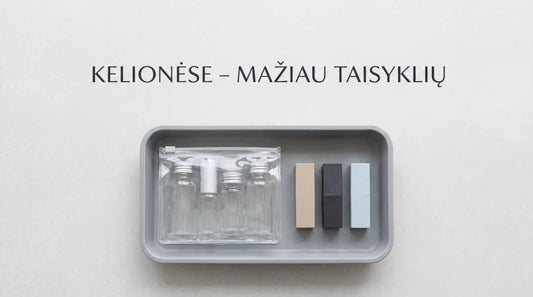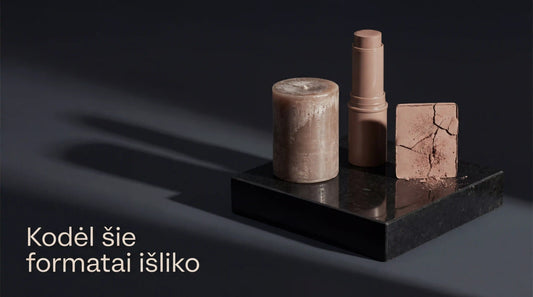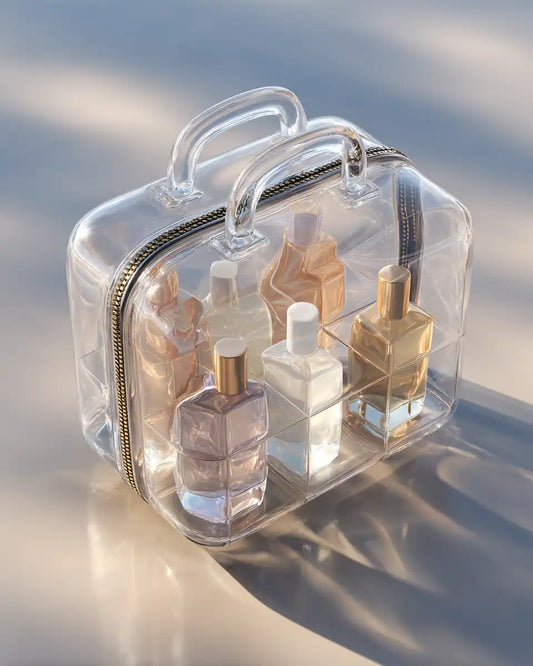Throughout the ages, hair has held deep cultural, spiritual, and emotional significance. In many societies, hair symbolizes more than just beauty—it also reflects identity, power, and even spiritual purity. Washing hair, often associated with ritual practices, has been passed down from generation to generation as a sacred act that goes beyond routine beauty care.

From ancient Egypt to modern wellness trends, hair washing rituals have evolved, yet have retained their symbolic significance. These practices reflect not only personal hygiene, but also deeper connections to religion, spirituality, and community. In this article, we will explore the ritual aspects of hair washing across cultures, enriched with interesting facts, research, and insights that reveal the lasting impact of these traditions.
The role of hair washing in spirituality
Washing hair has long been a part of religious and spiritual practices around the world. In addition to the act of physical cleansing, it symbolizes purification, humility, and transformation. Many rituals focus on the connection between hair and spiritual purity.
Hinduism
- 40 million people participate in the hair offering ceremony at the Tirumala Venkateswara Temple every year, offering their hair to the gods as a symbol of devotion and renunciation of material values. This donated hair is sold to make wigs and generates over $6 million annually, making it both a spiritual and economic activity.
- Hair in Hinduism is considered a symbol of the ego, and shaving or washing it is considered a purification of the soul. Before religious festivals or visiting temples, washing hair is considered a way to purify the body and spirit.

Christianity
- In Christian traditions, washing one's hair symbolizes spiritual rebirth. Baptism , which often involves immersing the head and hair in water, purifies not only the body but also the soul. In some Christian faiths, washing one's hair becomes part of a sacred rite, especially in the Eastern Orthodox Church, where participants are consecrated in holy water.
- In Christian monasteries, monks and nuns often shave their heads as a sign of humility, renouncing beauty and worldly values. Historical sources mention the cutting or washing of hair in religious contexts over 100 times in the Bible, especially in reference to purity and devotion.

Traditional African religions
- In African spiritual practices, hair is considered a conduit for spiritual energy. In many African communities, hair washing rituals are essential to protect the individual from negative forces. For example, the Maasai tribe in Kenya shave and wash their hair before important spiritual ceremonies. This practice is associated with ritual preparation for battle, transformation, or the transition to a new stage of life.
- Sacred oils and herbs like frankincense and myrrh are often used in hair washing rituals to anoint the scalp. Research shows that these essential oils have strong antimicrobial properties that help maintain scalp health.

Fun fact : Among the Zulu people of South Africa, washing and styling hair is closely linked to spiritual protection. During important life events, such as weddings or births, hair is washed using a mixture of clay and herbs, which is believed to protect against evil spirits and promote fertility.
Ceremonial hair washing in ancient civilizations
In many ancient civilizations, hair was considered a symbol of beauty, status, and spirituality. As a result, hair washing became an important part of social and religious rituals, and these practices often involved natural ingredients that are now proven to be beneficial for the hair and scalp.
Ancient Egypt
- The Egyptians took great care of their hair and scalp health. In the hot desert climate, it was essential to protect and wash their hair using natural oils and clays. Oils such as castor, almond and sesame were widely used to treat the scalp. Castor oil has been found in 3,000-year-old tombs as an offering to the dead, highlighting its spiritual and practical significance.
- The Egyptians also developed elaborate hair wash recipes that used natron (a natural salt) and honey, which have antiseptic properties. Studies have shown that natron can kill 99.9% of harmful bacteria on the scalp, making it an extremely effective cleanser in ancient times.

- Priests shaved their heads daily as part of a ritual of purification. To them, hair was considered unclean, and its removal symbolized spiritual purity. Oils and perfumes were often used on the hair during the mummification process to preserve it for eternity, emphasizing the Egyptian belief in the importance of hair in the afterlife.
Ancient Greece and Rome
- In ancient Greece, olive oil was a staple in hair care. Athletes, especially in the Olympic Games, would apply olive oil to their hair before competing. Studies on olive oil show that it contains 70% oleic acid , which helps strengthen the hair shaft and provides a natural protective layer against environmental damage.
- Hair care in Rome was associated with both status and beauty. Roman women from the upper social classes washed their hair using rainwater and volcanic ash, which was rich in natural silica . This practice is now known to be effective in exfoliating and deeply cleansing the scalp, similar to the hair scrubs used today.

- Roman women often dyed their hair using natural dyes such as saffron and henna, combined with hair washing rituals. Historical sources indicate that over 50% of women in Ancient Rome dyed their hair as a status symbol, and these cleansers helped preserve the health of their dyed hair.
Mesopotamia
- In Mesopotamia, hair was considered a symbol of vitality and status. Soaps made from alkali-rich ash and oils such as sesame oil were used in hair washing rituals. Clay dating back to 2500 BC describes the process of making these soaps, making them one of the earliest recorded instances of soap making.
- Babylonian priests and high-ranking officials often shaved their heads in religious ceremonies to symbolize their humility and devotion. Hair care rituals included a deep cleansing with clay, followed by the application of fragrant oils to attract the blessings of the gods.
Modern Ceremonial Hair Washing Practices
Ceremonial hair washing has survived through time, although the rituals have adapted to the modern environment. Today, these rituals combine tradition with modern needs and are often associated with important life events, religious rites, or moments of personal reflection.
Japan
- In Japan, hair care is associated with aesthetic cleanliness and mindfulness. The traditional tea ceremony, or chanoyu , involves a thorough process of washing and grooming the hair of the participants. Washing and combing the hair is considered part of a conscious preparation that goes beyond the tea ceremony. This is consistent with the broader view of Japanese Shinto , which emphasizes cleanliness as a form of spiritual and physical purity.

- In historical times, such as the Heian era, Japanese women grew their hair up to 1.8 meters long , and long hair was considered a symbol of beauty and status. Washing their hair with rice water was an integral part of their daily routine. Modern research shows that rice water improves hair elasticity by 16% and increases its shine by 32% after five weeks of use.
India
- In Indian culture, hair washing rituals during important life events such as weddings and births are elaborate processes. Brides often receive oil treatments that use coconut oil , hibiscus flowers, and amla (Indian gooseberry) to cleanse and strengthen the hair. Amla oil is known for its ability to reduce oxidative stress in hair follicles by as much as 42% , thus promoting healthier hair growth.

- During a funeral, the hair of the deceased is ritually washed, symbolizing their purification for the journey to the next world. This practice is part of antyeshti (final rites) in the Hindu tradition.
Africa
- Among the Himba tribe in Namibia, washing their hair is an important part of their daily routine. The women cover their hair with otjize , a mixture of butter and red okra that not only cleanses but also protects against the sun. This mixture contains natural UV protection properties, providing SPF 15 protection for the hair and scalp.
- In the Xhosa culture of South Africa, washing the hair during the umemulo (coming of age) ceremony is an important symbol of the transition into adulthood. Young women wash their hair with natural clay and herbs, symbolizing their transition into adulthood.

Washing hair as part of self-care in modern culture
In today's wellness culture, hair washing rituals have found their place in modern self-care routines. These practices are often inspired by traditional methods that emphasize the importance of mindfulness and holistic health.
Hair detoxification and natural cleansers
- Hair detox days, which use natural cleansers like clay masks or apple cider vinegar, have become extremely popular. Studies show that regular hair detoxes can improve scalp health by up to 25% by helping to remove product residue and environmental toxins.
- Bentonite clay, which is often used in hair detoxification treatments, increases scalp hydration by up to 40% , making it a popular choice for drier or sensitive scalps.
Awareness and hair care
- In today’s fast-paced world, many people are incorporating mindfulness into their hair care routines. This often means focusing on the sensations that arise during washing, conditioning, and scalp massage. Psychologists note that these mindful practices can reduce stress and anxiety levels by up to 30% , making hair care a form of psychological relaxation.
- A 2021 study conducted at the University of California found that individuals who practiced mindfulness in their daily care routines, including hair care, experienced a 20% improvement in mood and mental clarity.
DIY hair care and natural ingredients
- The clean beauty movement has led to a surge in DIY hair care, with people creating their own products using natural ingredients. For example, using avocado as a hair mask can increase hair moisture levels by up to 35% . Similarly, coconut oil penetrates the hair shaft and reduces protein loss by up to 70% , making it a staple in many hair care routines.
- These modern self-care practices are often inspired by ancient rituals. Ingredients like honey, aloe vera, and rice water, once used in traditional hair washing, are now common in DIY treatments.

Myth busting: 5 unexpected facts about washing your hair
- Myth: Hair grows faster if washed often
Fact: Hair growth rate is determined by genetics, not washing frequency. A study published in the Journal of Dermatological Science found that hair grows an average of 1.25 cm per month , regardless of washing habits. - Myth: Shampoo strips away all natural oils
Fact: Many modern shampoos are designed to cleanse the scalp without stripping it of all its natural oils. Using a sulfate-free shampoo can help retain up to 85% of your scalp's natural oils. - Myth: Cold water makes hair shinier.
Fact: While rinsing with cold water can help close the hair cuticle, its effect on shine is minimal. Well-moisturized hair and regular conditioning are much more important for shine. 92% of hair shine depends on moisture levels, not water temperature. - Myth: You need to wash your hair every day to keep your scalp healthy.
Fact: Washing your hair every day can dry out your scalp and increase oil production. A study in Cosmetic Dermatology found that most people benefit from washing their hair 2-3 times a week to maintain optimal scalp health. - Myth: Hair care routines are universal
Fact: Hair care should be tailored to your individual hair type. For example, curly hair typically requires more moisture and gentler cleansers than straight hair. Studies show that 78% of people with curly hair benefit from using sulfate-free shampoos and moisturizing products.
Practical tips for incorporating hair rituals into your routine
- Create a weekly hair ritual : Set aside one day a week to deep wash and condition. Use natural hair masks made with ingredients like honey, avocado, or coconut oil to provide extra nourishment to your hair.
- Head massage : Take at least 5 minutes to massage your scalp while washing your hair. This increases blood circulation and promotes healthier hair growth.
- Mindful Hair Care : Turn hair care into a mindful practice. Focus on the sensations of washing, conditioning, and combing your hair. This helps you relax and reduce stress.
- Use natural cleansers : Try natural cleansers like apple cider vinegar or bentonite clay. These ingredients detoxify the scalp, remove product residue, and improve scalp health by up to 30% .
- Celebrate your hair : Make hair care an act of self-love. Choose products that you love and take the time to celebrate the uniqueness of your hair.

Frequently asked questions about hair washing rituals
Q: Are ceremonial hair washing rituals still practiced today?
A: Yes, many cultures still practice ceremonial hair washing rituals during important life events such as weddings, births, and funerals. These rituals often involve traditional herbs, oils, and spiritual beliefs.
Q: How can I incorporate spiritual hair washing into my routine?
A: You can create your own ritual using natural cleansers and turn your hair care routine into a moment of mindfulness. Take time to focus on your thoughts and intentions as you wash your hair.
Q: Are natural hair cleansers as effective as regular shampoos?
A: Natural cleansers like clay, apple cider vinegar, and herbal teas can effectively cleanse your hair and scalp without harsh chemicals. However, they can take more time and effort to apply and rinse properly.
Q: How often should I wash my hair?
A: The frequency of washing your hair depends on your hair type and scalp condition. Generally, washing your hair 2-3 times a week is appropriate for most hair types.
Q: Can hair washing rituals help reduce stress?
A: Yes! Many people find that turning their hair care routine into a ritual helps reduce stress and promotes mindfulness, making them feel more relaxed and positive.
Conclusion: How rituals continue to influence modern hair care
Hair washing rituals, both ancient and modern, are reminders of the deep connections between beauty, spirituality, and well-being. From the ancient Egyptian use of oils to modern-day mindfulness in hair care, these traditions shape our approach to self-care today. By adopting these time-tested practices, we can transform our daily hair care routines into meaningful rituals that promote physical and mental health.
